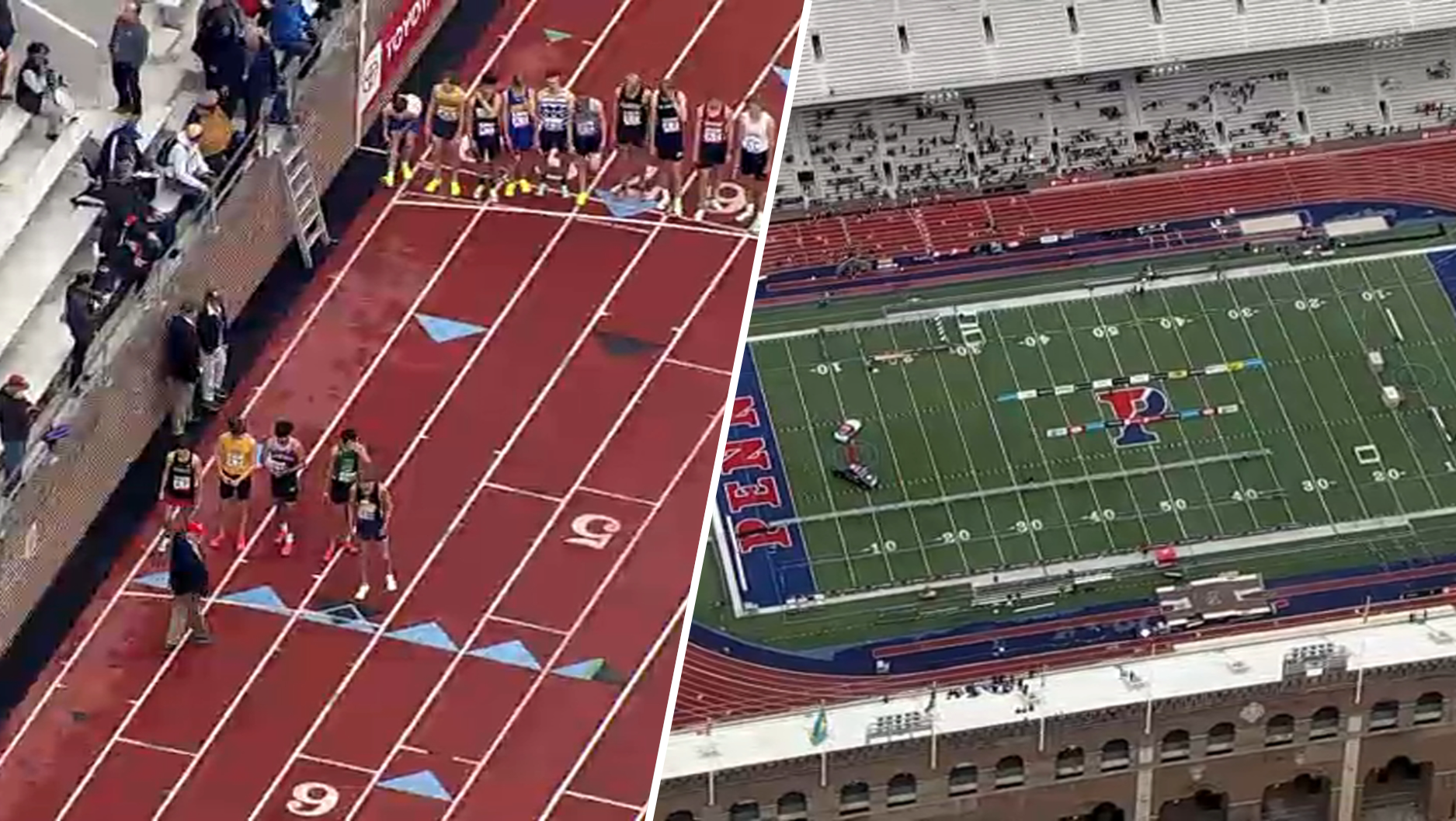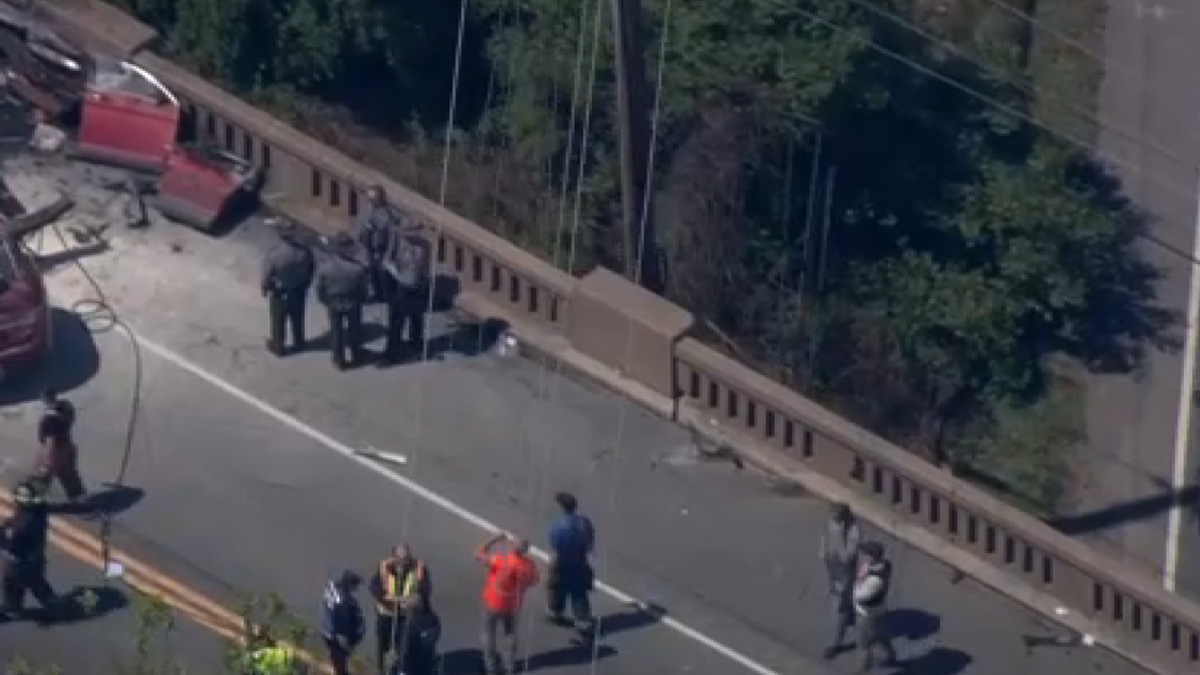SEPTA is running on its normal schedule Monday because the Transit Workers Union (TWU) decided not to strike Sunday night. TWU president Willie Brown made the announcement after the union and SEPTA officials postponed negotiates Sunday evening.
"We don't foresee a strike necessary. SEPTA is a career for me. It's a career for my people. We are a part of the community. So if we go on strike, we harm our own families. So that is something we don't want to do," said Brown.
SEPTA released this statement in response: "Transport Workers Union Local 234 President Willie Brown has stated publicly that the Union will not strike at 12:00 midnight tonight. SEPTA accepts this pledge, and we would like to inform our riders and the business community that there will be no interruption in transportation services on Monday, April 7. Tonight, the Authority presented the Union with a final offer based on the two-year framework that the Union requested. This offer included 5 percent in wage increases."
Talks broke down early Sunday. At 6 p.m., Brown said there was no guarantee there wouldn't be a strike and then about 9:30 p.m. he said there would not be a work stoppage this evening.
State Rep. Jordan Harris, Councilman Curtis Jones, Councilman Kenyatta Johnson, State Rep. Anthony Williams and other officials showed up at the Sheraton to express their concerns on behalf of their constituents and to encourage both sides to continue to talk.
"I can't say what we are going to do. We are trying to get a contract and I hope we can get that done," said Brown.
SEPTA officials and members of the TWU say they are no closer to a deal than they were Friday afternoon. The TWU wants a two-year deal with wage increases. Both sides said they were working toward a new contract before the midnight deadline. Talks stopped about 9:30 p.m. and will resume again sometime Monday.
Earlier in the evening, SEPTA spokeswoman Jerri Williams said, "Despite assertions by TWU leadership that we were very close, the union has refused to engage in bargaining since Friday afternoon when SEPTA put an offer on the table. We have had not one single counter-offer on economics since that time. They've made no effort to close the gap or respond in any meaningful way."
NBC10 reporter Doug Shimell was at the scene of the negotiations and the break in negotations was to let cooler heads prevail. The union made several counter-proposals to SEPTA's offer later in the evening.
Both sides met at the Sheraton Hotel in Center City on Sunday.
SEPTA officials and passengers have been bracing for a strike. A walkout would be particularly crippling because it's expected to involve all city transit lines as well as suburban buses, trolleys and the Norristown high-speed line. Commuter rail lines would still operate.
TWU local officials say they were given unanimous consent by the joint executive board to strike if necessary.
According to the union, points of contention include discipline, use of surveillance cameras, pensions and the effect of the new federal health care law. Williams said only that the discussions involve wages, benefits and work rules.
The agency's contract with 4,700 employees in the city division — which covers bus, subway and trolley operators — expired March 15.
Contracts covering workers in two suburban SEPTA branches expired Tuesday, and the deal with a third suburban division expires late Sunday night. Those contracts collectively cover about 750 bus drivers, mechanics, and trolley and light rail operators.
The union had called for binding arbitration on Wednesday, a move that SEPTA opposed. Williams said the agency's leaders don't want to end up with a contract they can't afford.
Brown said, "there's no reason why we can't get this thing done."
Local
Breaking news and the stories that matter to your neighborhood.
Transit lines within Philadelphia provide about 825,000 passenger trips on an average weekday, while the suburban fleet offers 75,000.
Though SEPTA's 13 commuter lines would continue operating in the event of a strike, Williams noted the engineers have been without a contract since 2010.
Those workers are covered by federal railway law and cannot strike until all their mediation options are exhausted, Williams said. That wouldn't happen for another several months, she said.
SEPTA, the nation's sixth-largest transit operator, serves Philadelphia and its surrounding counties and has annual ridership of about 337 million.



